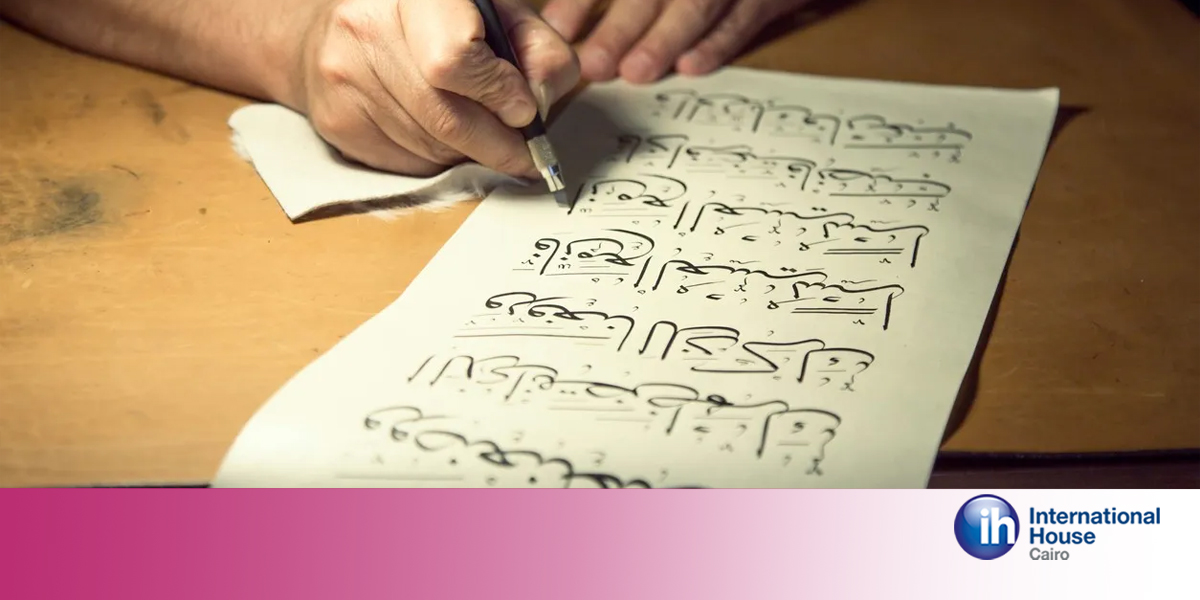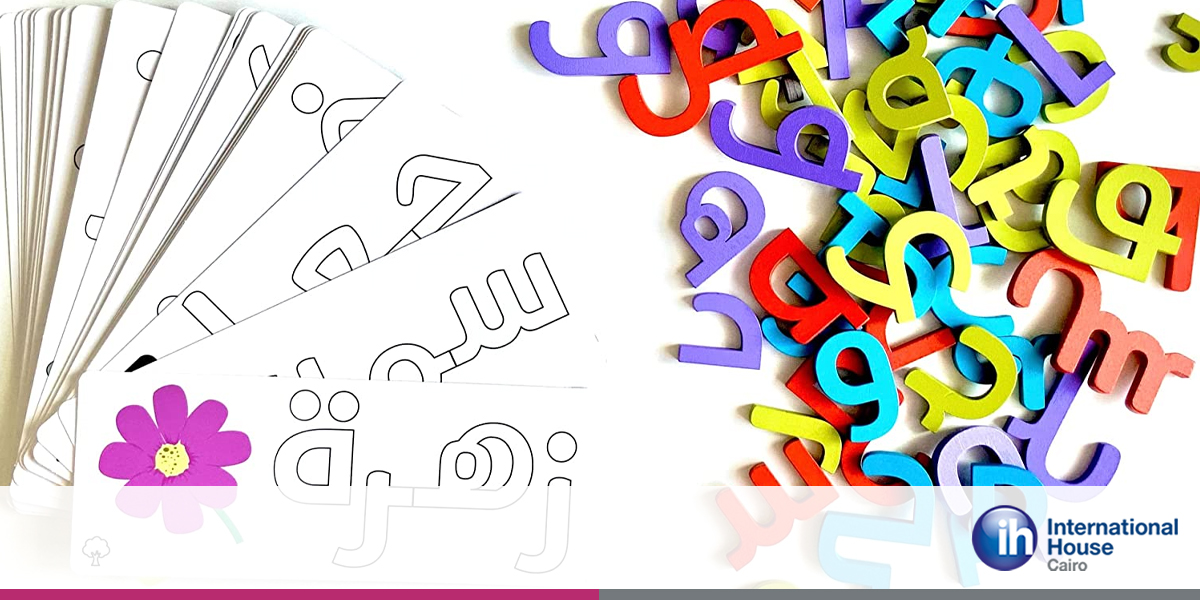Some people might think that learning Arabic is a daunting task at first. If you’re an English speaker, there are not only new letters but new phrases as well. However, with the right approach, quality classes, and these tips – you will learn Egyptian Arabic and start having conversations with any Arabic speaker in no time!
First of all let’s know the varieties of Arabic Language.
The Varieties Of Arabic Language
There are three main varieties of Arabic: Modern Standard Arabic, Classical Arabic, and Colloquial Arabic. Each variety has its own set of rules and grammar.
Modern Standard Arabic is used in formal settings such as newspapers, television, radio, and academic writing. It is considered the most prestigious form of the language.
The objective of learning Modern Standard Arabic is to help you read and write at a professional academic level, and to enable you to follow current day-to-day events in the Middle East and North Africa.
Classical Arabic is spoken by scholars and poets throughout history. It is written using a different Arabic alphabet than Modern Standard Arabic.
Colloquial Arabic is the everyday language of speech and writing.
Egyptian Colloquial Arabic (ECA) or (Aameya) is the most commonly understood dialect of Arabic in the Middle East.
How Should I Deal With Different Varieties of Arabic?
When you learn Arabic, you need to know how to deal with all three varieties. To make sure you master each variety, we recommend you choose a method that suits your learning style best. Here are some tips for dealing with different varieties of Arabic.
1. Choose the right method for you
2. Start slow
3. Focus on Arabic pronunciation
4. Practice often
5. Don’t worry too much about Arabic grammar
6. Be patient
Learning an Arabic Dialect Before You Go to a Middle East Country.
You should always try to learn the native language before traveling to a new Arabic-speaking country. Even if you learn basic questions & some verbs, becoming an Arabic language learner won’t make you feel overwhelmed when you arrive.
Plus, you’ll already be able to communicate with locals. If you don’t speak any Arabic, you can still find classes in Cairo suitable for your current level.
Check out these 9 essential tips for learning Egyptian Arabic (ECA) vocabulary.
1. Set up a study schedule.
Remember that learning Arabic phrases little by little is better than cramming everything in one day!
– Try to memorize at least one Arabic expression a day.
– Start with your most common phrases & verbs you use daily in your work/study and learn their Arabic letters
– Listen to Egyptian Arabic music whenever possible, you will enjoy the music and get familiar with the words.
– Watch your favorite movie scenes with Egyptian Arabic translation through Closed Caption features on YouTube.
2. Learn English – Arabic Expression “Franco”
If you’re new to Arabic and haven’t learned Egyptian Arabic yet, try “Franco.”
Franco Arabic is Arabic using the Romanized alphabet. It will help you learn how to pronounce letters and words before getting the hang of the script.
For example:
I wake up
Ana bus7a
أنا َ بـَصحى
3. Know that many languages have cognates (similar or the same words) in Arabic! You may already know a few words.
For example:
“Waiter” in French is garçon. In Arabic it is جرسون (garson)
The pronoun “she” in Spanish is ella (eyya). In Arabic, it’s هي (heyya).
4. Whatever you do – don’t just memorize and translate vocabulary! Translating will hinder the Arabic learning process in the long run. If you are learning a new word, write it or say it in a sentence to understand the word contextually.
5. Use Quizlet, Anki, or a notecard app. Both applications allow you to quickly add vocab words and delete vocabulary as you go. Additionally, it gives you the option to mark difficult words and use an audio option.
6. Learn the roots of a word! Words in Arabic have roots that are part of a topic-specific word family. This one is very beneficial and will enable you to memorize more than one word at a time. Once you get the hang of this, you will start to have fun with the language!
For example:
KTB ك-ت-ب
كتب (Kitab) – Book
مكتب (Maktab) – Desk or Office
يكتب (Yktab) – to write
مكتبة (Maktaba) – library
7. Speak! Luckily if you’re learning Egyptian Colloquial Arabic and you’re in Egypt – you are in the best place to practice. The Egyptian dialect is fun and everyone is welcoming. And if you’re not in Egypt, check out International House Cairo’s online courses to learn from one of our qualified native speaker teachers. You will be speaking in no time!
8. Listen to Arabic podcasts
It’s important to listen to audio content while learning. Podcasts are great because they allow you to listen at your own pace. You can stop whenever you want or pause them whenever you get stuck.
9. Understand the grammar
Once you understand the basics, you can start reading more advanced material. Reading books is an effective way to improve your vocabulary and understanding of the Arabic language.
How Should I Approach Learning Egyptian Arabic?
If you want to learn Egyptian Arabic when you arrive in Cairo, you can enroll in an Arabic program through us. We offer both private and group lessons. Private lessons are ideal for those who prefer individual attention. Group lessons are perfect for people who like to socialize and meet other learners. They also give you the opportunity to interact with native Arabic speakers.
Here are some things to consider when choosing which type of lesson to take.
Private Lessons:
• More personal attention
• Less crowded classrooms
• The teacher can focus on your needs
Group Lessons:
• More interaction with other students
• Can help you make connections in the community
IH Cairo offers all learners a well-structured course, a positive and enjoyable learning environment, and educational support. You can choose whether you need to study Modern Standard Arabic, Egyptian Colloquial Arabic, or a combined course of both. Apply Now for Arabic Courses.





